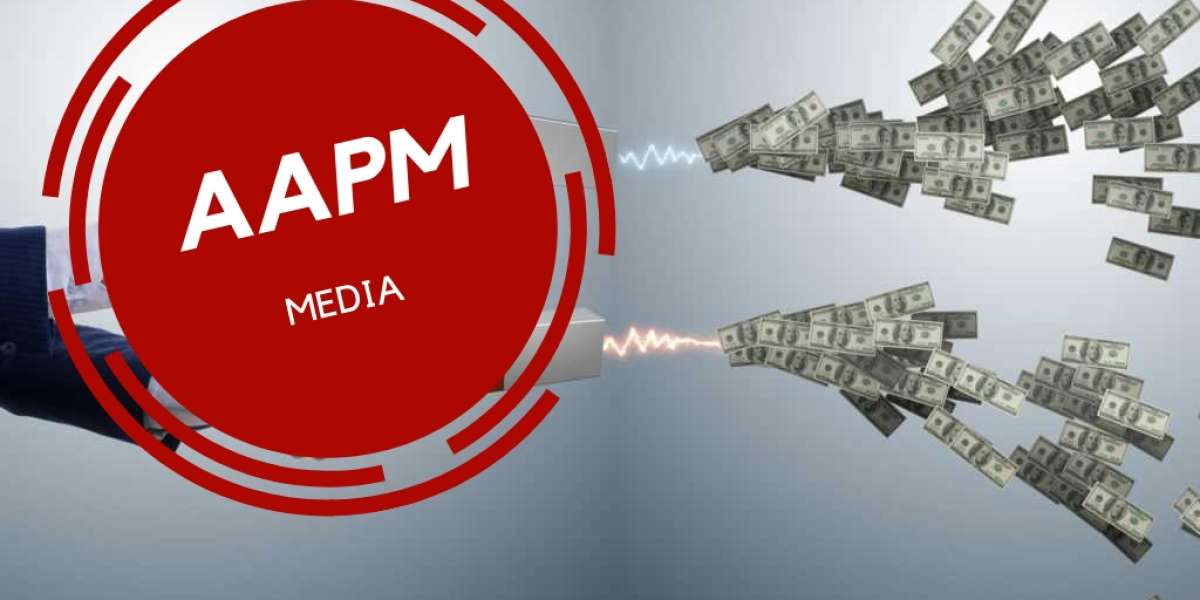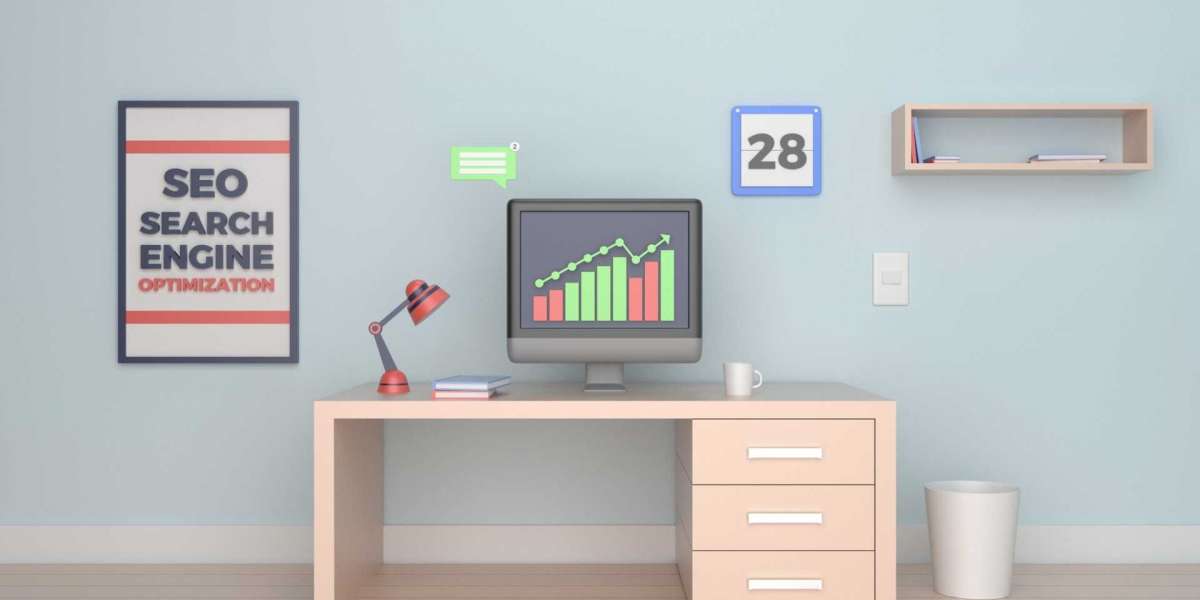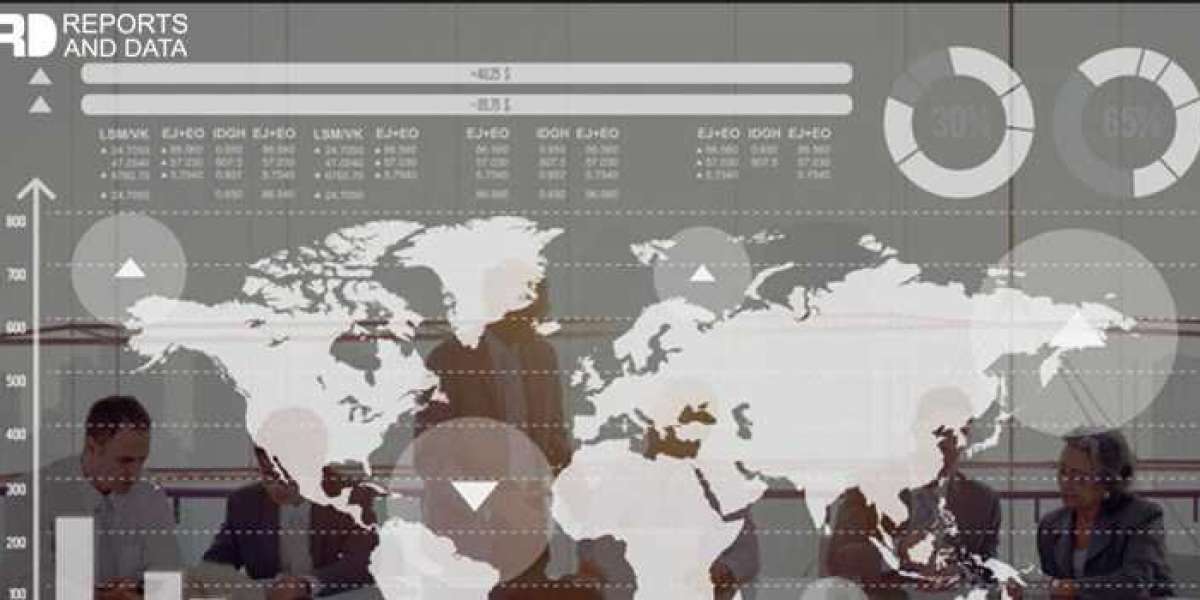As businesses navigate the complexities of managing accounts receivable, one critical challenge they may encounter is dealing with overdue or delinquent payments from customers or clients. While businesses strive to maintain positive relationships with their clients, there are instances when the assistance of a debt collection agency becomes necessary to recover outstanding debts. But when exactly does a business need to enlist the services of a debt collection agency? Let's explore some key indicators and considerations:
1. Persistent Non-Payment:
- One of the most obvious signs that it's time to involve a debt collection agency is when efforts to collect overdue payments have been consistently unsuccessful. If customers or clients repeatedly ignore payment reminders, invoices, or collection notices, it may be necessary to escalate the matter to a professional debt collector.
2. Aging Accounts Receivable:
- Aging accounts receivable refers to outstanding invoices that have remained unpaid for an extended period, typically beyond the agreed-upon payment terms. As accounts receivable continue to age, the likelihood of collection diminishes, making it imperative for businesses to take proactive steps to recover overdue payments, including engaging a debt collection agency.
3. Limited Internal Resources:
- For small businesses or organizations with limited resources dedicated to accounts receivable management and debt collection, outsourcing these functions to a specialized agency can be a cost-effective solution. Debt collection agencies have the expertise, resources, and legal knowledge to pursue debt recovery efficiently, allowing businesses to focus on core operations.
4. Legal Compliance and Regulation:
- Debt collection is subject to various legal regulations and compliance requirements, both at the national and international levels. Engaging a reputable debt collection agency ensures that businesses adhere to relevant laws, such as the Fair Debt Collection Practices Act (FDCPA) in the United States, while pursuing debt recovery in a professional and ethical manner.
5. Preservation of Customer Relationships:
- While debt collection may seem adversarial, it's essential for businesses to prioritize preserving customer relationships whenever possible. A reputable debt collection agency can employ diplomatic and respectful communication tactics to recover debts while minimizing the risk of damaging client relationships or reputation.
6. Focus on Core Competencies:
- Outsourcing debt collection allows businesses to leverage the expertise of professionals who specialize in this field, freeing up internal resources to focus on core competencies and strategic initiatives. By delegating debt collection tasks to a specialized agency, businesses can streamline operations and improve overall efficiency.
7. Strategic Decision-Making:
- Ultimately, the decision to engage a debt collection agency should align with the business's overall financial goals and objectives. Conducting a cost-benefit analysis and weighing the potential benefits of debt recovery against the associated costs and risks can help businesses make informed and strategic decisions about when to involve a debt collection agency.
In conclusion, businesses may need to enlist the services of a debt collection agency when faced with persistent non-payment, aging accounts receivable, limited internal resources, legal compliance considerations, preservation of customer relationships, the need to focus on core competencies, and strategic decision-making. By recognizing these key indicators and considerations, businesses can effectively manage accounts receivable and optimize their debt collection efforts to maintain financial stability and growth.







